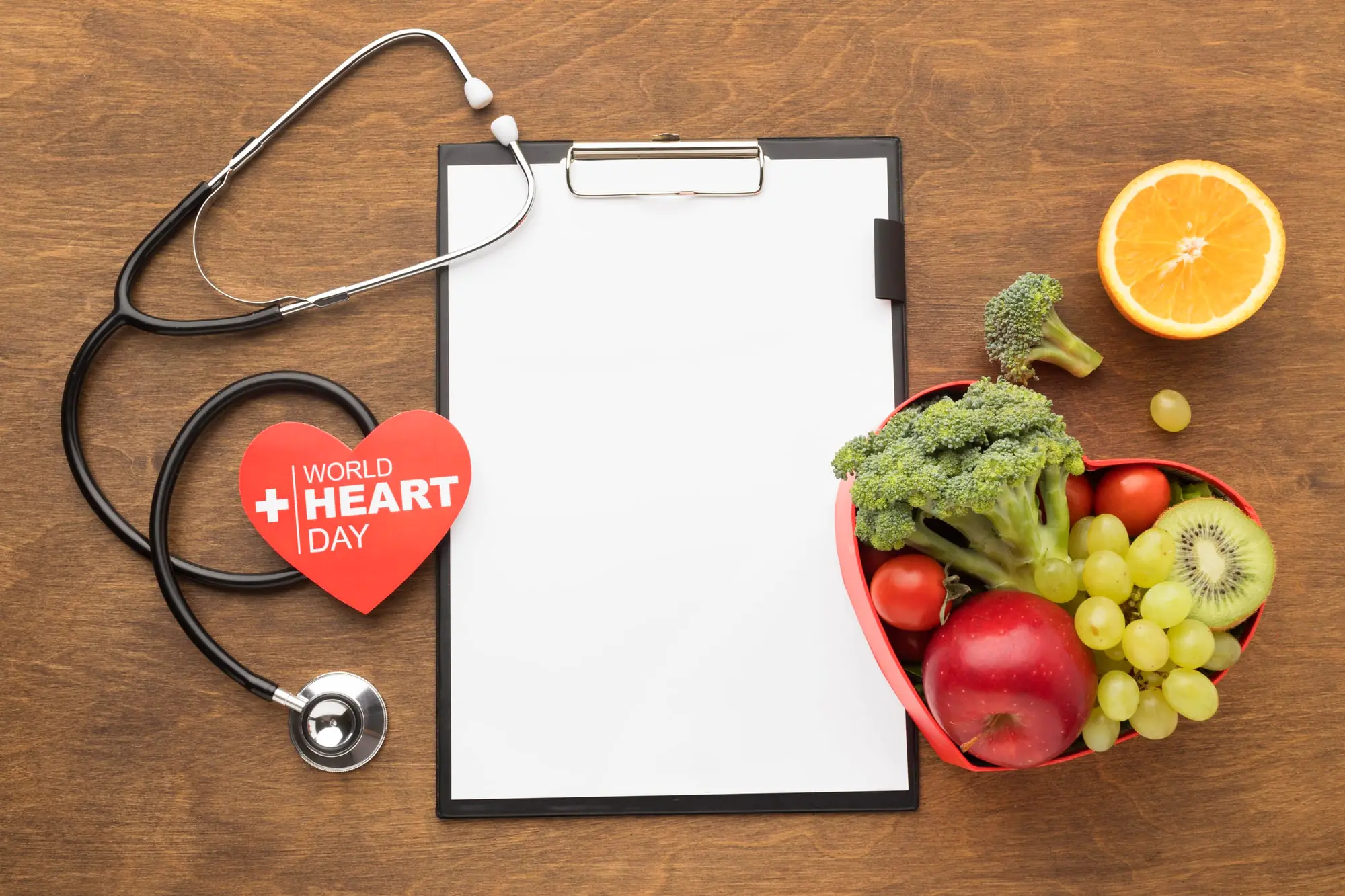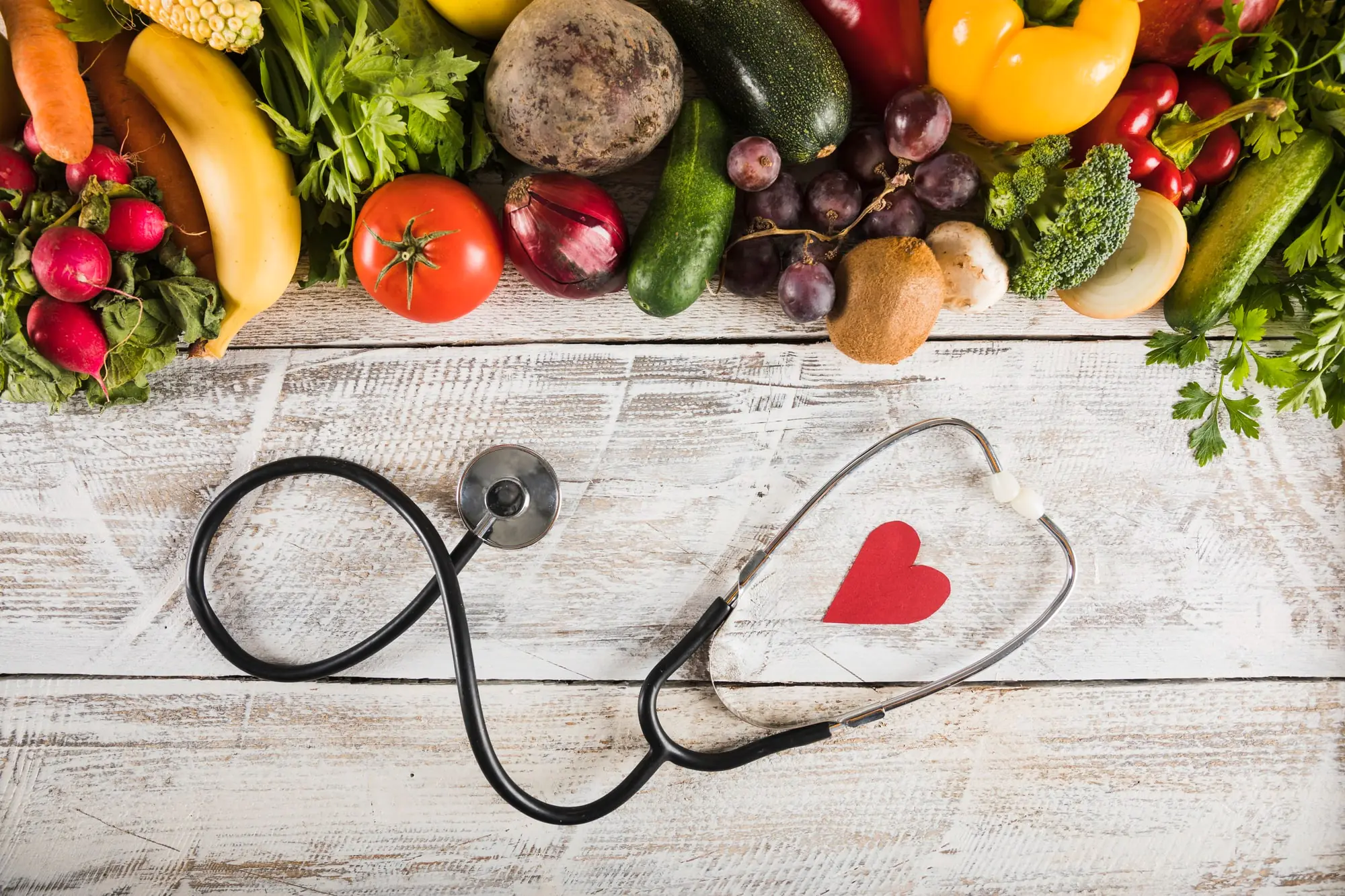
How to Protect Heart Health?
Heart health is one of the most important aspects of overall quality of life.
Having a healthy heart helps you live a more active and happy life in the long term.
Maintaining heart health depends on many factors, from exercising regularly to eating a balanced diet.
These important steps for cardiovascular health can help reduce the risk of heart disease.
So, what should be done for heart health?
Let’s take a closer look at this topic.
What Should We Do for Heart Health?
What to do for heart health is an important question that everyone should ask in their lives.
To maintain heart health:
- Regular Exercise: To support heart health, 30 minutes of moderate-intensity aerobic exercise should be done daily.
Walking, swimming or cycling are excellent exercises for cardiovascular health. - Avoiding Stress Stress management is vital for heart health.
Relaxation techniques such as yoga, meditation and breathing exercises reduce stress and protect your heart. - Limiting Smoking and Alcohol Consumption: Smoking and excessive alcohol consumption pose serious threats to heart health.
Avoiding these substances can prevent heart problems such as atherosclerosis and high blood pressure. - Healthy Nutrition: Nutrition is one of the most important factors affecting heart health.
A healthy and balanced diet reduces the risk of developing cardiovascular disease.
Here are healthy eating recommendations to protect heart health:
- Reduce fat in your diet: You should consider the fat content of the foods you eat.
Choosing low-fat/fat-free milk and dairy products, adding less solid fats to your meals, avoiding fatty meat products, choosing appropriate cooking methods and gaining the ability to read the labels of packaged products can help you in this regard. - Reduce saturated fat in your diet: Reducing saturated fatty acids, one of the most important factors that raise blood cholesterol levels, is effective in preventing many cardiovascular diseases.
- Limit cholesterol in your diet: Reducing your daily cholesterol intake below 300 mg is important for your heart health.
Reducing fat intake and saturated fat intake can reduce your cholesterol intake; lower cholesterol intake is also associated with lower cholesterol levels. - Increase your pulp consumption: Consuming at least 5 servings of vegetables and fruits a day and legumes 2 times a week will help increase your pulp intake.
Your daily pulp consumption should be 25-30 g. - Maintain your ideal body weight, or reach your ideal weight if you are overweight: Increased body fat and BMI can increase your risk of poor heart health.
Therefore, it is important to reach your ideal body weight and have a normal honey/hip ratio (0.85 cm for women and 0.90 cm for men) for heart health.
What Are the Best Foods for Heart Health?
A healthy diet plays a critical role for heart health.
In response to the question of what to eat for heart health, it is important to consume the following foods:
- Fish Especially fish rich in omega-3 fatty acids such as salmon and sardines are very beneficial for heart health.
Omega-3 regulates heart rhythm and supports vascular health. - Olive oil: Rich in monounsaturated fats, olive oil improves heart health by lowering bad cholesterol levels.
- Avocado/Coconut Oil: Rich in heart-friendly fats and potassium, avocado is an excellent food for cardiovascular health.
- Walnuts and Almonds: These nuts contain healthy fats and antioxidants that are essential for heart health.
They also help to keep the arteries of the heart clean.
Omega-3 Fatty Acids and Heart Health
Omega-3 fatty acids are essential for heart health.
These fatty acids reduce the risk of heart disease by reducing inflammation in the body.
Regular intake of omega-3 fatty acids helps to maintain a regular heart rhythm and keep blood vessels flexible.
Omega 3 is commonly found in seafood.
These seafood include sardines, anchovies, salmon, mackerel, oysters, herring and caviar.
Eating omega-3-rich fish at least twice a week is of great benefit for heart health.
In addition to seafood, walnuts, hazelnuts, red meat, eggs, flaxseeds, soybeans, canola oil and green vegetables are also powerful sources of omega-3.
Heart Benefits of Fiber Foods
Fiber foods are especially important for cardiovascular health.
Fiber lowers cholesterol levels and prevents clogged arteries.
It also regulates the digestive system and reduces the risk of obesity, which is also important for heart health.
Foods high in fiber include oats, barley, beans, lentils and fruits. 
Which Vitamins are Important for Cardiovascular Health?
Important vitamins for cardiovascular health include the vitamin B complex, vitamin C and vitamin D.
B vitamins help keep blood vessels healthy, while vitamin D supports bone and muscle health by regulating calcium metabolism for heart health.
Among the foods for heart health, especially fiber foods, whole grains, vegetables and fruits stand out.
Fiber foods help the heart work better by lowering cholesterol levels.
Vegetables and fruits contain vitamins with high antioxidant content such as beta carotene, vitamin A and vitamin C, which are essential for heart health.
Also, for those wondering which magnesium is good for heart health, green leafy vegetables and whole grains are rich in magnesium.
Foods that Threaten Heart Health
Foods that threaten heart health include processed foods, saturated fats and trans fats.
Also, fried foods can damage heart health and cause cardiovascular diseases.
Excessive salt consumption also increases the risk of high blood pressure and damages heart health.
High-calorie but low-nutrient foods such as sugary and acidic drinks and junk food should also be avoided.
Dietary Patterns Favorable for Heart Health
Among the most suitable dietary patterns for heart health are the Mediterranean diet and DASH diet (Dietary Approaches to Stop Hypertension).
The Mediterranean diet emphasizes olive oil, vegetables, fruit, whole grains and seafood and is an excellent choice for heart health.
The DASH diet aims to reduce salt consumption and lower blood pressure. The best answer to the question of what to do for heart health is to adopt a balanced lifestyle and consume the most suitable foods for heart health.
Remember, every step you take to protect your heart will help you live a healthy life in the future.





